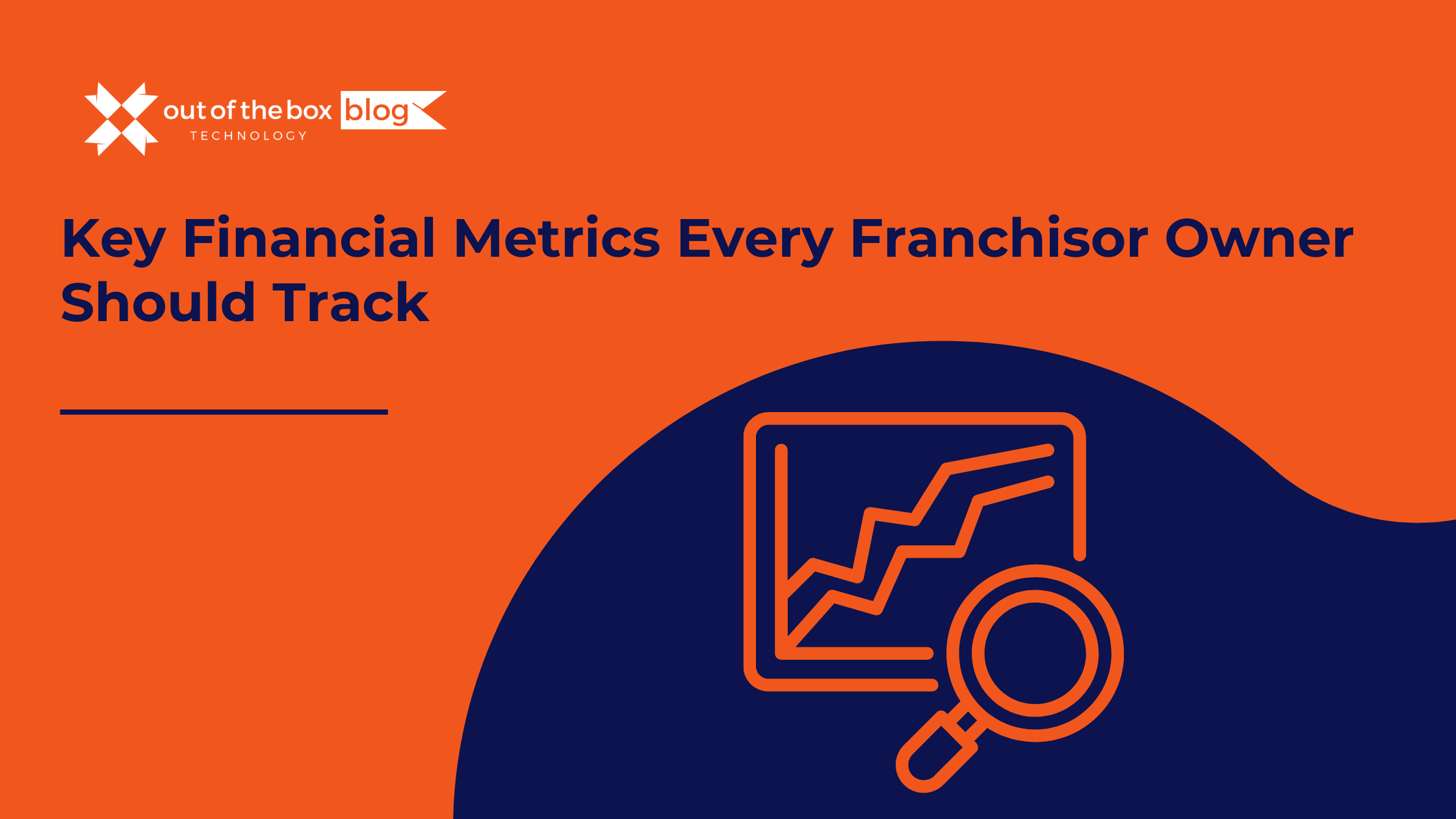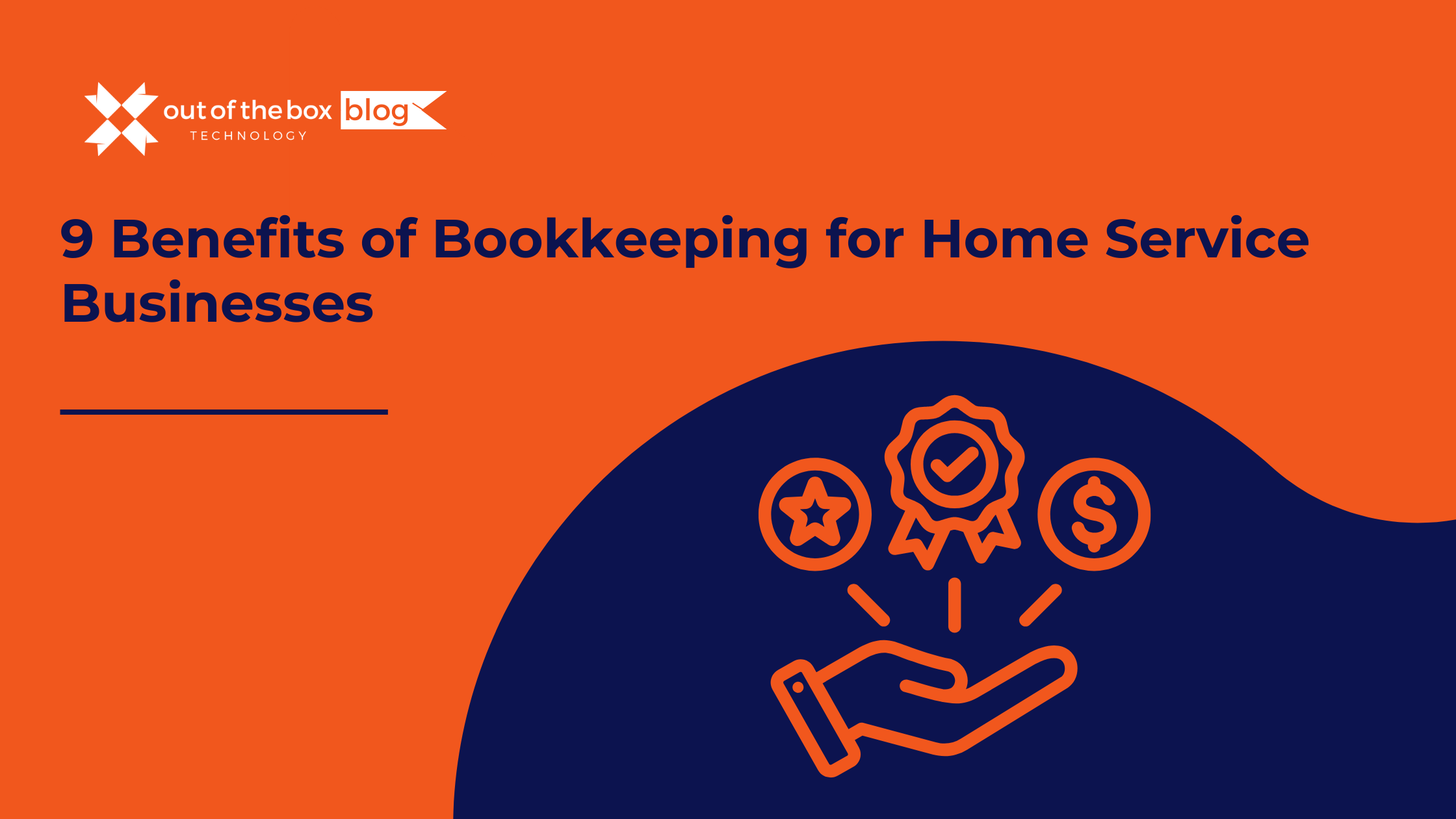October is Cybersecurity Awareness Month. We here at Out of the Box Technology take cybersecurity very seriously. Ransomware attacks are the most common attack-type targeting businesses. In fact, 21% of total cyberattacks are caused by ransomware. So, learning how to protect against ransomware attacks is crucial to protect your business from ransomware infection.
In this article, you will explore proven tips to prevent ransomware attacks. Also, you will learn about the best tools you can use to enhance ransomware protection. Let us dive in:
What is ransomware?
Ransomware is a type of malicious software or malware infection that restricts your access to the infected system or data until you pay a ransom in exchange for the access. What is worse, in some ransomware attacks, hackers threaten to publish data or sell data on the dark web.
Why Is It Important to Protect Against a Ransomware Attack?
Ransomware attacks can affect businesses drastically, resulting in downtime, loss of essential data, money, and reputation. According to The State of Ransomware, 66% of organizations surveyed were attacked by ransomware last year. And a successful ransomware attack can cost your business dearly. The same report stated ransomware attacks cost, on average, $1.4 million to recover.
What is worse, 13% of ransomware attacks lead to data breaches. So, you must invest in buying security solutions and take protective measures to prevent a ransomware attack.
7 Tips to Provide Ransomware Protection
The following tips will help you keep your IT infrastructure safe from ransomware infection:
1. Keep Your Systems Up to Date
Viruses and ransomware typically look for vulnerabilities in operating systems and software applications to infect. So, you should ensure that everyone in your company installs the latest security patches and regularly updates their systems.
It is a good practice to turn on automatic updates in all your company’s systems and software programs.
2. Strengthen Endpoint Security
Hardening endpoint security in your business is an effective way to limit your business’ threat surface. The stronger your endpoint security is, the harder it will be for threat actors to infect your systems with ransomware.
Your endpoint security tools should provide protection from:
Suspicious emails and attachments
Malicious web downloads
Exploits
Unauthorized access to devices and applications
When you are looking for tools to secure endpoints, consider tools that offer behavioral monitoring, rapid detection, and flexible deployment options.
3. Backup Critical Data
You should prepare for the worst-case scenario even if you are equipped with the latest tools to fight ransomware infection. Once ransomware encrypts data, the threat actors make ransom demands. Paying a ransom is never the right option because it encourages hackers to target other small business owners.
So, a data backup and recovery policy that frequently backups critical data is an excellent strategy to prepare for ransomware attacks.
You should follow the 3-2-1 data backup method. This means creating three copies (one original and two backups) of data, saving in two different media types, one of which should be offsite storage.
You can easily find a reliable cloud storage option to backup data with a file encryption option for added security.
4. Implement Strict Network Policies
Compared to endpoints, network infrastructure devices often do not have the same level of security. Vendors offer network devices with exploitable services so that users can easily install, operate, and maintain devices. And many a time, business owners do not change vendor default settings when using network devices.
All these factors make network devices easy targets for hackers. So, you must improve the security of network infrastructure to avoid ransomware attacks.
5. Restrict Permission to Install Unwanted Software
Pirated software programs can also infect your networks and servers with ransomware. Therefore, you should restrict employees from installing unwanted software on their systems.
A certain number of software programs are needed to run a business successfully, depending on the type and size of the business. So, your IT administrative professional can easily install essential software programs on your employees’ systems. If they need any additional software program, they should contact the IT department instead of trying to install the program themselves.
6. Implement Zero-Trust Model
Following a zero-trust model is an effective way to prevent ransomware attacks. This is because the zero-trust model makes data and resources inaccessible by default, and users can get access after proper verification and authentication.
Zero-trust security infrastructure continuously monitors data and resources and re-authenticate users and devices. So, it can prevent ransomware from infecting other systems by revoking its access to data and resources as soon as the infection is detected.
7. Invest in Security Software and Tools
The most common way to fight ransomware is to install comprehensive antivirus and anti-malware programs on your systems. This is because they can detect and mitigate threats in real-time. So, you should purchase the latest security programs and tools to harden cybersecurity in your business.
About Us
Out of the Box Technology is an Elite QuickBooks Solution Provider (QSP). We provide our clients with QuickBooks products and end-to-end Business services and Data services through our talented team of in-house ProAdvisor Advanced Consultants, possessing over 500 years of combined QuickBooks experience. Armed with our “SauceBox ApproachTM,” Out of the Box Technology’s Advanced Consultants live up to our motto, “Anything + Everything QuickBooks.” Contact us and let us show you the best possible client experience, every single time! And dot forget to check out our Company Blog for Free Resources, valuable How-Ts, and TONS of frequently added QuickBooks content!




